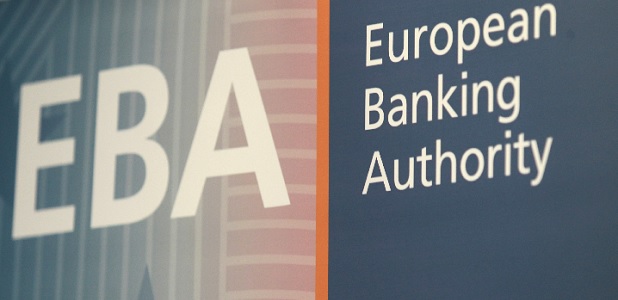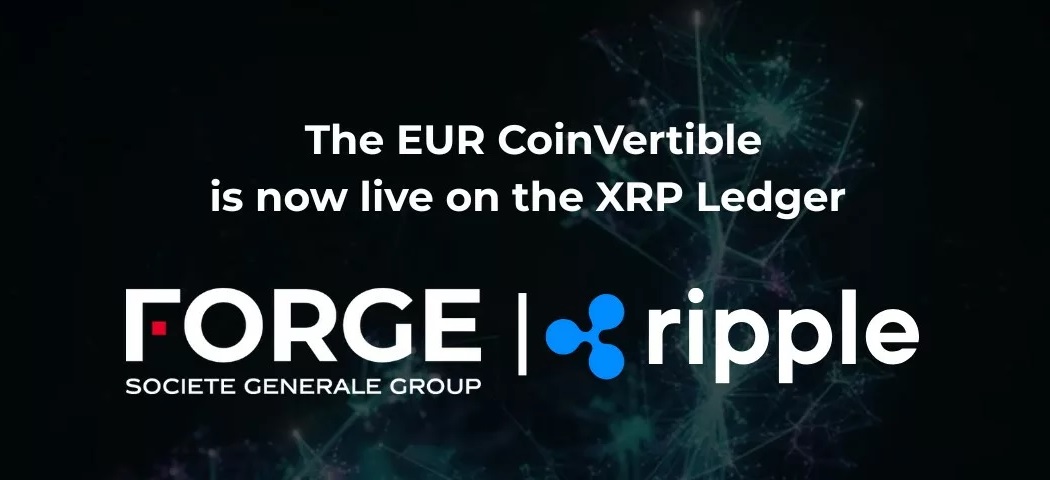EBA publishes No Action letter on the interplay between Payment Services Directive (PSD2/3) and Markets in Crypto-Assets Regulation (MiCA)

The European Banking Authority (EBA) published today a No Action letter advising the EU Commission, EU Council and EU Parliament to ensure that, in the long term, EU law needs to avoid a dual authorisation under two pieces of EU law for the activity of transacting electronic money tokens (EMTs).
While the existing Payment Services Directive 2 (PSD2) still applies, the letter advises national competent authorities (NCAs) to enforce authorisation of PSD2 for a specified subset only of crypto asset service providers (CASPs) that transact EMTs, to do so only after a transition period that ends on 2 March 2026, and then to deprioritise specified PSD2 provisions.
The letter assesses the provisions set out in MiCA and PSD2 and advises NCAs under PSD2 to view the transfer of crypto assets as a payment service under PSD2 where they entail EMTs and are carried out by the entities on behalf of their clients. It sets out provisions to regard the custody and administration of EMTs as a payment service and to regard a custodial wallet as a payment account where the wallet is held in the name of one or more clients and allows to send and receive EMTs to and from third parties.
For these services, the No Action letter advises NCAs to require an authorisation under PSD2 only from 2 March 2026 onwards and, during the authorisation process, to apply streamlined procedures that make maximum use of information that legal entities provide during their CASP authorisation process.
Once an authorisation as a payment services provider is held, NCAs are advised not to prioritise the supervision and enforcement of several elements of PSD2, such as safeguarding, the disclosure of information to consumers (pertaining to the level of applicable charges, the maximum execution time of payment transactions, the unique identifier such as IBAN, and open banking).
However, NCAs are also advised to insist on the compliance with other PSD2 provisions, such as strong customer authentication (SCA) for accessing custodial wallets that qualify as payment account and the initiating of EMT transfers, the reporting of payment fraud, and the cumulative calculation of own funds requirements. This is to ensure equally high standards of consumer protection regardless of whether a consumer is using EMTs or more traditional funds as a means of payment.
Furthermore, NCAs are advised not to consider as payment services (and therefore not to subject to the application of PSD2, including its provisions on licensing) the ‘exchange of crypto-assets for funds’ and ‘exchange of crypto-assets for other crypto-assets’ as defined in MiCA. Additionally, the EBA advises NCAs not to regard as a payment service cases where crypto-asset service providers intermediate the purchase of any crypto-assets with EMTs, and, therefore, not to enforce the application of PSD2 nor to require an authorisation under PSD2 in such cases.
This advice will result in a large number of EMT transactions not being subject to PSD2 requirements during the intervening period while the Directive still applies. The EBA bases this advice solely on the acknowledgement that any alternative advice would require a much larger number of CASPs to obtain a second authorization. The EBA considers such an alternative to be undesirable, given the burden that dual authorisation would impose on CASPs.
By contrast, the EBA does not base this advice on the conviction that an authorisation as a CASP under MiCA is sufficient to address the risks that arise from EMT transactions. On the contrary, the success of PSD1, PSD2 and EMD over the past 15 years in bringing about a secure and competitive market for payment services in the EU has shown that for retail payments to be able effectively to fulfil their role in a modern society, consumers and other market actors should be adequately protected and have a high degree of confidence in the stability of the market and the reliability of payment transactions.
Legal basis and background
The EBA has issued the letter in response to a request received from the European Commission in December 2024 to address, in close cooperation with ESMA, issues arising from the interplay between MiCA and PSD2. The EBA’s competence to deliver the letter in the form of an Opinion is based on Article 9c of Regulation (EU) No 1093/2010.
____________
Documents
Opinion on the interplay between PSD2 and MiCA in relation to crypto-asset service providers that transact electronic money tokens
(474.64 KB – PDF) – Download
Dariusz Mazurkiewicz – CEO at BLIK Polish Payment Standard
Banking 4.0 – „how was the experience for you”
„To be honest I think that Sinaia, your conference, is much better then Davos.”
Many more interesting quotes in the video below:









